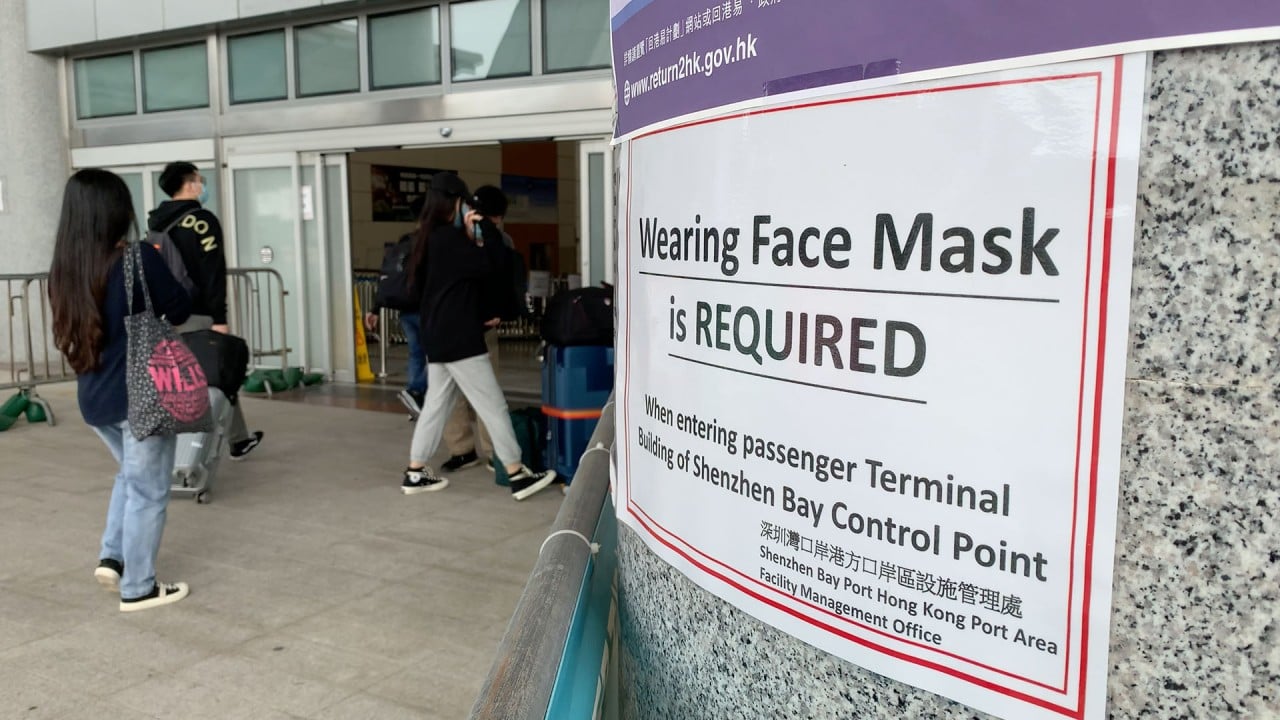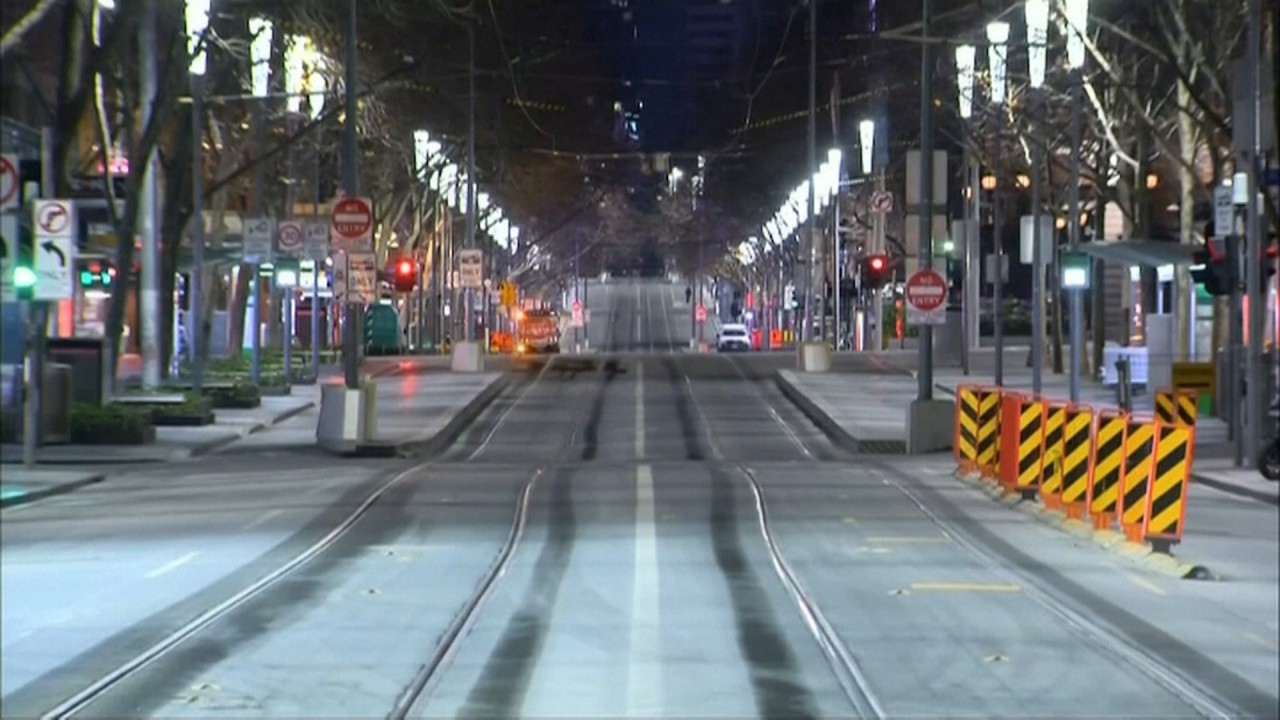
Hong Kong fourth wave: time and trust in short supply for Carrie Lam’s government to rein in coronavirus
- After some early successes, the Hong Kong government is struggling to balance public health, the economic impact and social acceptance in its pandemic response
- It cannot muster the capacity to fight the virus without the public on its side, but if it fails to contain the pandemic, public support will dwindle further
In contrast, US President Donald Trump might have won his second term if not for his dismal Covid-19 performance. Brad Parscale, a campaign adviser, reportedly told him, “Sir, regardless, this [coronavirus] is coming. It’s the only thing that could take down your presidency.” And it did.
Learning from the bitter lesson of the severe acute respiratory syndrome (Sars) outbreak in 2003, Hong Kong has displayed community-wide crisis awareness and speedy emergency response. Government efforts have improved, with better coordination of the public and private sectors.
Both the government and public health system are largely efficient, yet the administration has not received full credit for its arduous task. Crisis leadership has been hampered by low public trust, making it hard to enact more coercive and contentious measures.

03:38
Departures for mainland China increase amid Hong Kong’s fourth wave of Covid-19 infections
Lam once described Covid-19 as a three-way tug of war, having to balance public health, economic impact and social acceptance in devising response measures. This is a dilemma faced by all governments when fighting a ferocious pandemic.
There was an early debate overseas between strong suppression and a herd immunity approach. International experience has shown that the latter does not work and the cost is high.

03:50
Coronavirus surge in Europe spares Swedes. Does its herd-immunity approach work?
As the pandemic goes on, community fatigue has crept in, leading to reduced alertness. The government must keep the public on side, avoiding elite bias or professional prejudice. People are concerned about the threat to their lives and livelihood.
Hong Kong cannot casually talk about a lockdown given its externally oriented economy that depends on worldwide connectivity. The economy has suffered enormously, with GDP for the full year expected to be down by more than 6 per cent.
Blanket lockdowns are costly and unsustainable. The government still aims to achieve zero cases while not shutting down so some social and economic life can continue, but is that possible?
Even if the mainland model cannot be replicated in terms of whole-country mobilisation, stringent lockdowns, locality confinement and mass testing, the argument for tightening quarantine, testing and local community control appears to be getting stronger.

01:12
Melbourne enacts citywide curfew as Australia continues to battle spike in coronavirus cases
Only those closest to the front line can gauge the real challenges. The government, assisted by expert advisers, is still in the best position to size up the problems. That said, a prolonged crisis will not give it the requisite strength and support to face the pandemic.
Politics cuts both ways. The government cannot muster sufficient capacity to fight the coronavirus without the public on its side. Yet, should it fail to effectively contain the pandemic, public support will dwindle further. The dual threat of the pandemic and economic recession will induce more discontent in an already tense political environment.
The zigzagging between control and relaxation is disruptive, breeding more uncertainty. Unless the goal of zero cases is quickly achieved, even with great pain, there is little prospect of gradual economic recovery.
The economy should be a priority. Difficulties in the logistics of virus suppression cannot be underestimated, but they have to be tackled with bolder action. The public needs to be won over through continuous engagement with informed and honest discussion.
Severe, intrusive measures including mandatory testing and partial or local lockdowns, if ultimately unavoidable, are better implemented earlier rather than later to have a real impact. Once the opportunity is missed, the coronavirus will become uncontrollable, as we are seeing in the US and Britain.
Anthony Cheung is research chair professor of public administration at the Education University of Hong Kong and a former secretary for transport and housing (2012-17)

